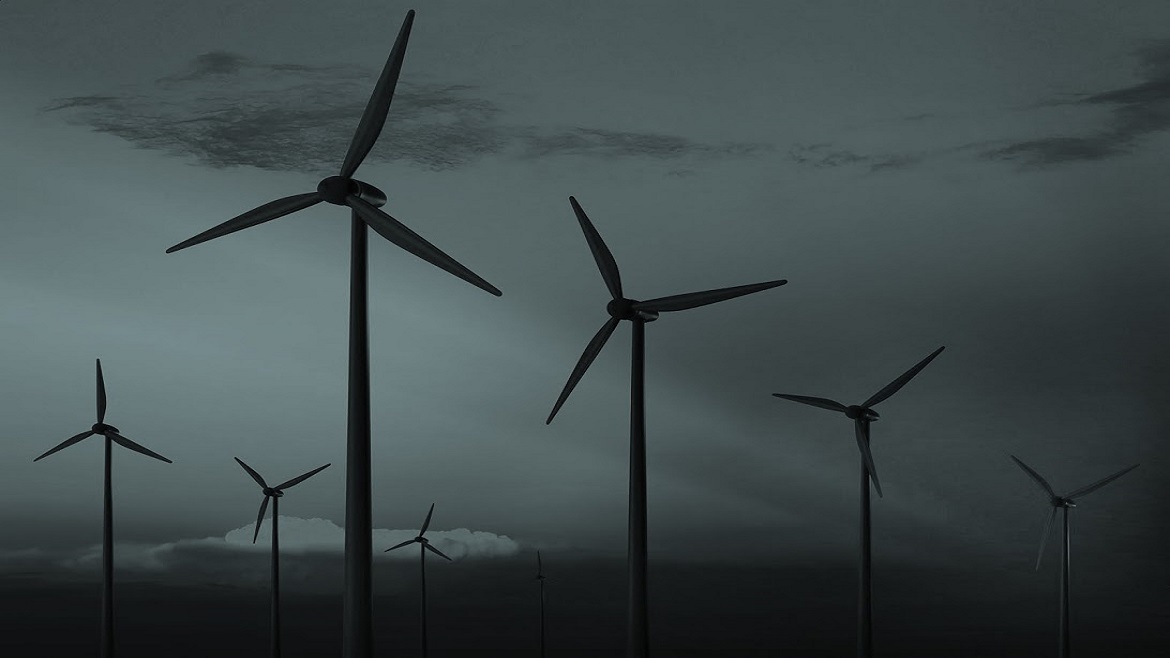All eyes will understandably be on Paris over the next two weeks, where world leaders will try and deliver a step change in the international community’s effort to tackle climate change. But there will also be a major development in Brussels on December 2nd, when the European Commission is expected to release its new Circular Economy Package. If ambitious and concrete enough, this package could not only help to modernise the EU’s economy but also contribute to the EU’s efforts to reduce its greenhouse-gas emissions and tackle climate change.
The aim of introducing new measures and legislation on the “circular economy” is essentially to make the EU economy more resource-efficient, by getting as much value as possible out of the materials and other resources that are already in use within our economy, whilst also minimising the creation of waste that cannot be recycled or re-used.
The European Commission has acknowledged that by moving towards a more resource-efficient economy, EU businesses could save up to €630bn per year by 2030 and the EU’s GDP could increase by around 3.9% by creating new markets and products in areas such as re-manufacturing. In the UK, a recent report from Green Alliance, a think tank, suggests that such a move could reduce structural unemployment by 54,000 by 2030 and offset around 7% of the expected decline in skilled employment to the year 2022.
Many businesses across the EU are already doing a lot to improve the resource efficiency of their business models. Interface, a major carpet-tile manufacturer, aims to eliminate waste by 2020, having already reduced the amount of manufacturing waste it sends to landfill per unit of production by 82% since 1996.
After setting up a supply chain with Novelis to produce automotive sheets made out of recycled aluminium, Jaguar Land Rover now manufactures aluminium cars made of 50% recycled aluminium. Meanwhile, power company National Grid is now working with Midal Cables to reprocess its old aluminium transmission lines despite many regulatory barriers standing in the way. And telecommunications companies like Sky are now producing highly resource-efficient entertainment boxes, with a particular focus on reusing valuable components in future products.
Overcoming the barriers to greater resource efficiency
But many barriers remain that prevent businesses from going further. These include regulatory barriers and the fact that once used, products are often categorised as waste too quickly, although they or their inherent components are still valuable and can be reused. Another barrier is the lack of a market for secondary materials that are just as good-quality as virgin materials and would meet the needs of consumers if more supportive market structures were in place.
This is where the EU’s upcoming Circular Economy Package, if it is strong and ambitious enough, has an important role to play in helping EU businesses and the EU economy as a whole to make a step change in resource efficiency.
To be effective, the package that is ultimately adopted by the EU will need to set a clear and ambitious goal to boost resource efficiency in the EU. It will also need to provide support measures such as the following:
- introducing "design standards" for a wide range of products to ensure that they are designed with re-use in mind;
- supporting the development of markets for secondary materials by having a certification system in place that will reassure consumers about their quality;
- ensuring that the EU’s waste legislation does not stand in the way of good-quality materials being re-used; and
- requiring that public-procurement rules reward those companies that have the most resource-efficient business models.
Achieving such a strong package will not be simple, especially considering the different characteristics of the goods produced and materials used in different sectors. But at a time of growing EU-scepticism, the EU has the opportunity to put forward a package of legislation that can genuinely modernise the EU’s economy, make it more competitive and significantly reduce its environmental footprint. It must seize it.
The views and opinions expressed in this article are those of the authors and do not necessarily reflect the views of The Economist Intelligence Unit Limited (EIU) or any other member of The Economist Group. The Economist Group (including the EIU) cannot accept any responsibility or liability for reliance by any person on this article or any of the information, opinions or conclusions set out in the article.




